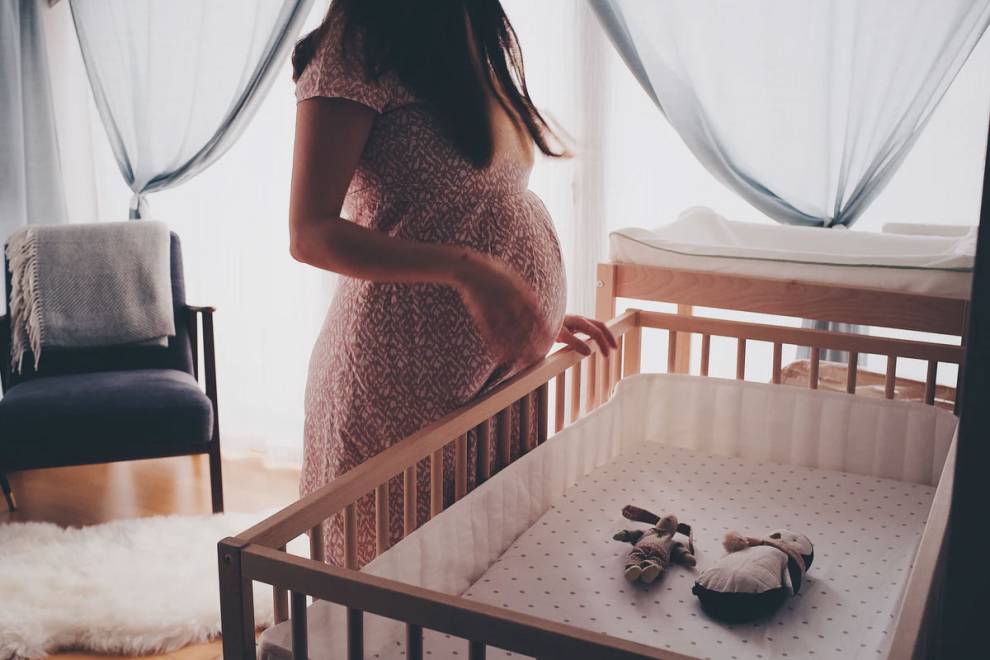Are plastics dangerous for pregnant women and their little chickpea? Find out!

Mommyhood101 independently tests and curates baby gear to help you make informed decisions. If you buy products through links on our site, we may earn a commission.
A recent scientific study published in the journal Pediatrics examined whether pregnant mothers with high exposure to chemicals found in plastics can lead to premature births.
To answer this question, the researchers analyzed the levels of the phthalate chemical in the urine of 311 New York City women during their third trimester.
There were three main findings of this study:
1. All 311 women had the phthalate chemical in their urine, suggesting that people are exposed to and are ingesting (eating or drinking) the phthalate chemical during daily activities. Phthalates are used during the manufacturing process as plasticizing agents that help containers maintain flexibility, and they are leached from plastic consumer goods such as water bottles and plastic food containers, typically during heating. To avoid exposure to these chemicals (including BPA), pregnant women might consider using only glass water bottles and glass food containers. The same is true for babies - there are many baby bottles that are available in glass rather than plastic, such as that made by Dr. Brown.
2. The women who had the highest levels of phthalates in their body were more likely to go into labor before their due date; that is, they were more likely to have a premature baby. This finding held true even after the authors accounted for a variety of factors that might also predict length of gestation such as mother's age, weight, height, diabetes history, race and ethnicity.
Plastics have been a recent topic of controversy regarding their safety, whether chemicals leach from plastics under normal circumstances, and whether any leached chemicals may have any significant effects on human health. This study suggests that the daily exposure levels ordinary people are exposed to can lead to detectable levels of plastic chemicals in the body and also effect the health of a mother and fetus.
To read about more evidence regarding the effects of plastics on pregnancy and fetal health, see:
Whyatt, R. M., Adibi, J. J., Calafat, A. M., Camann, D. E., Rauh, V., Bhat, H. K., Perera, F. P., Andrews, H., Just, A. C., Hoepner, L., Tang, D., & Hauser, R. (2009). Prenatal Di(2-ethylhexyl)Phthalate exposure and length of gestation among an inner-city cohort. Pediatrics, 124, e1213-e1220.










